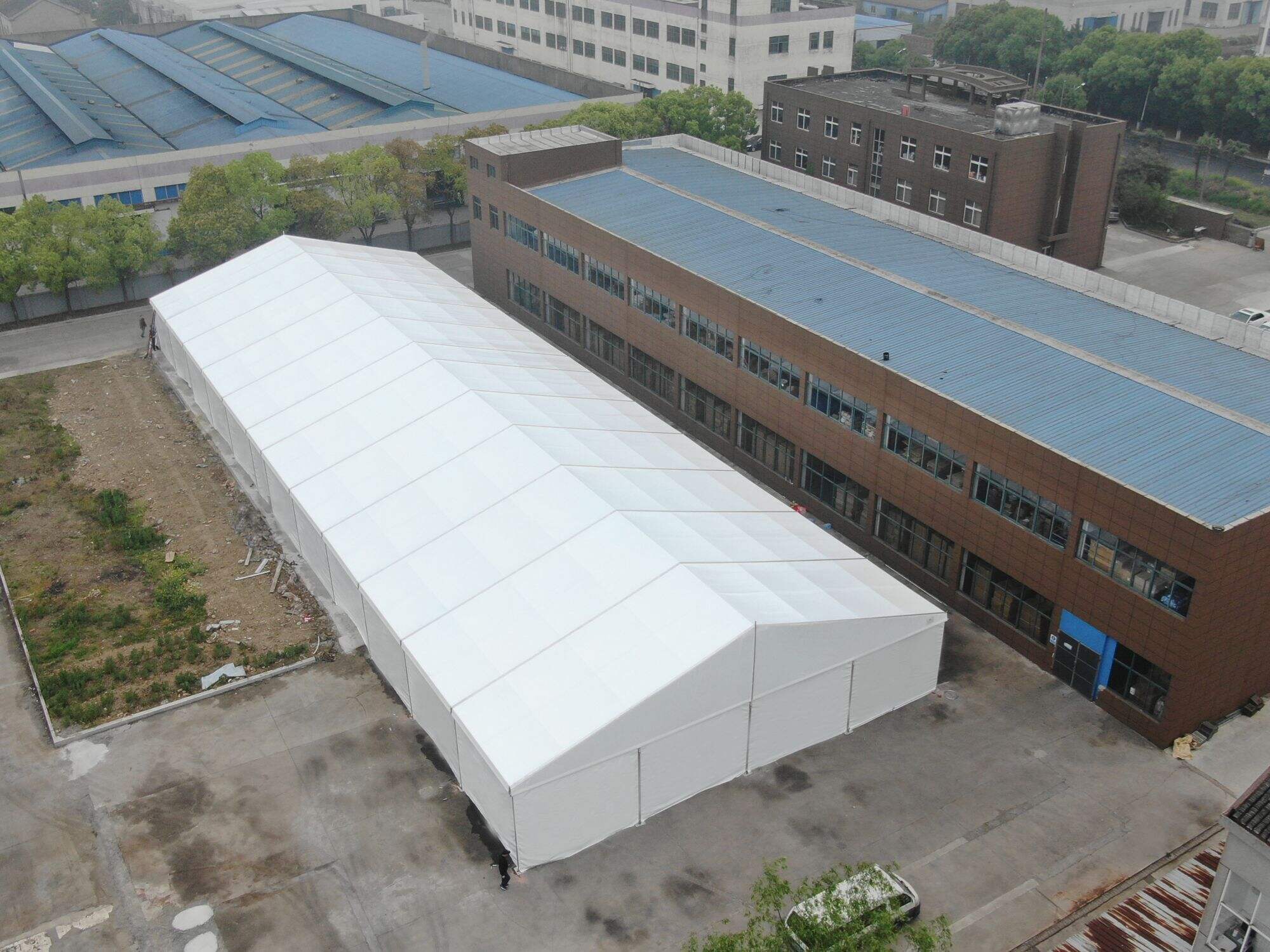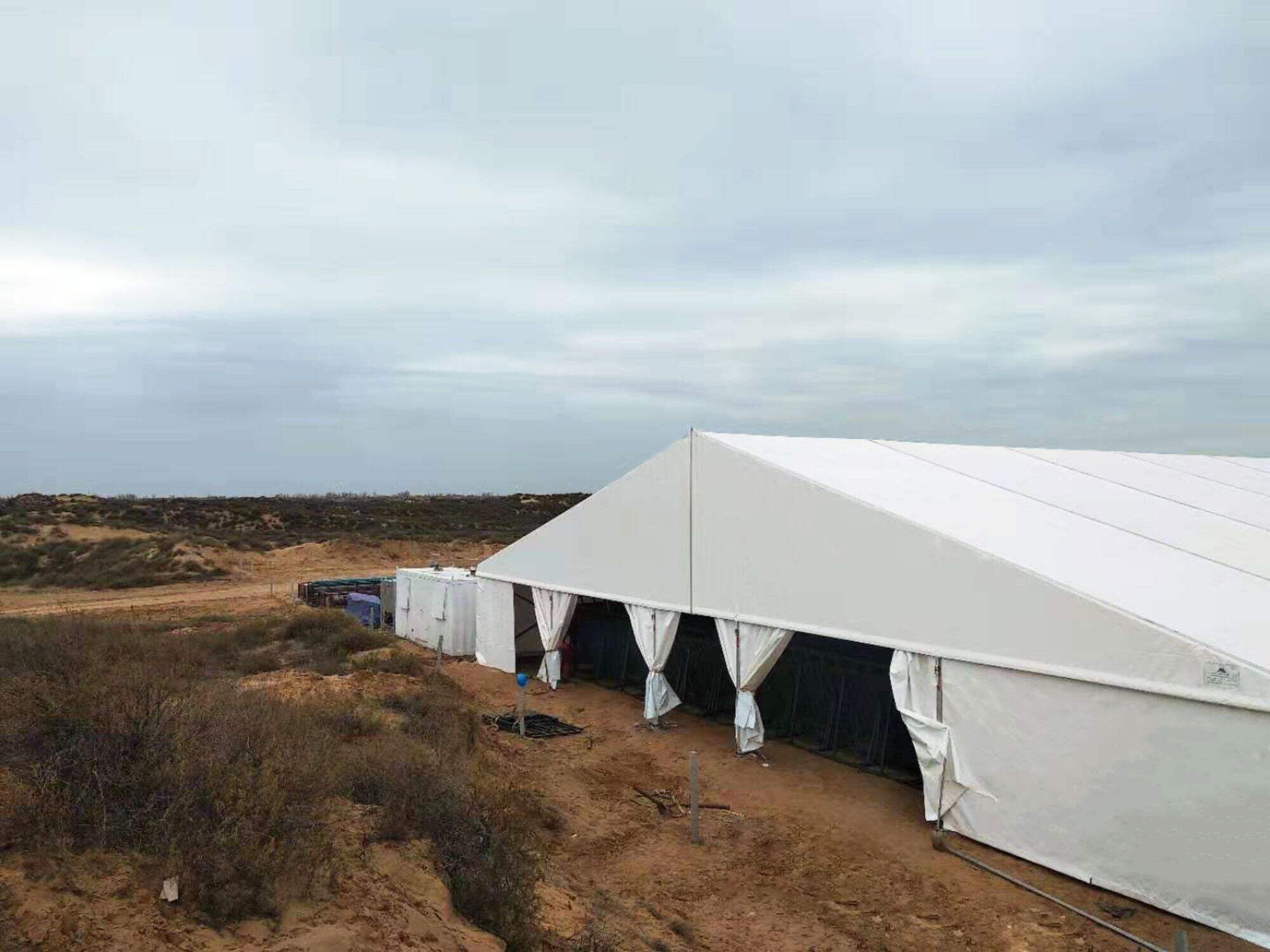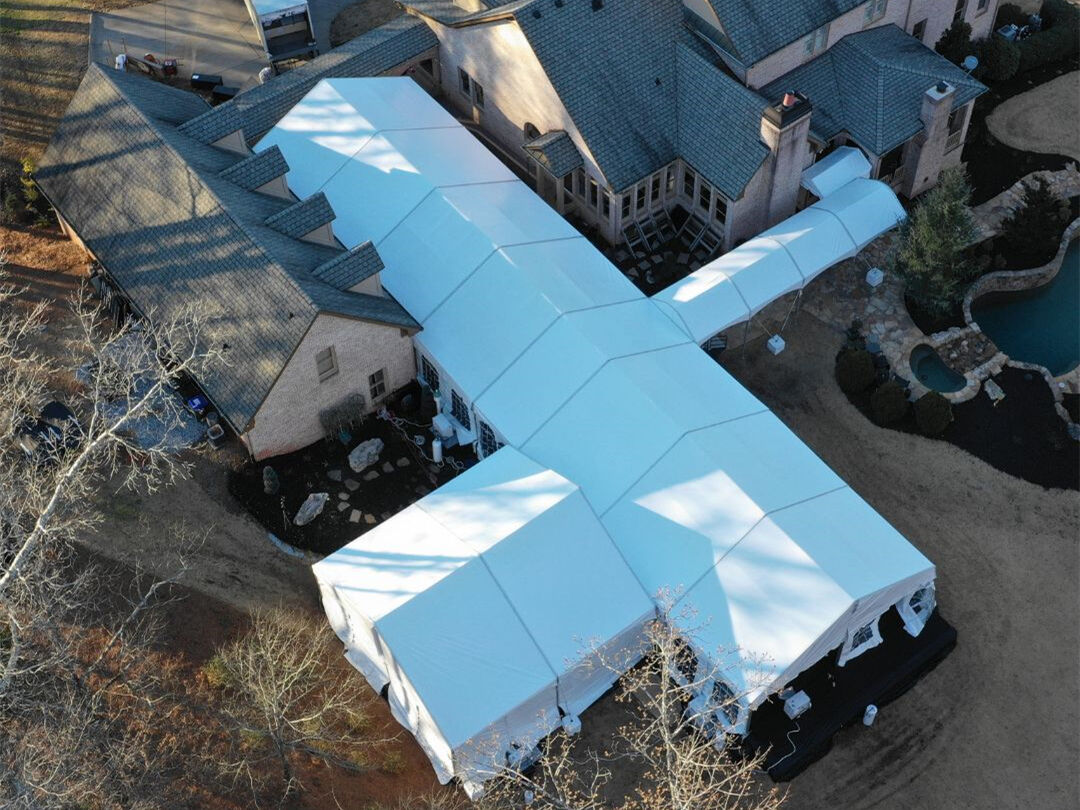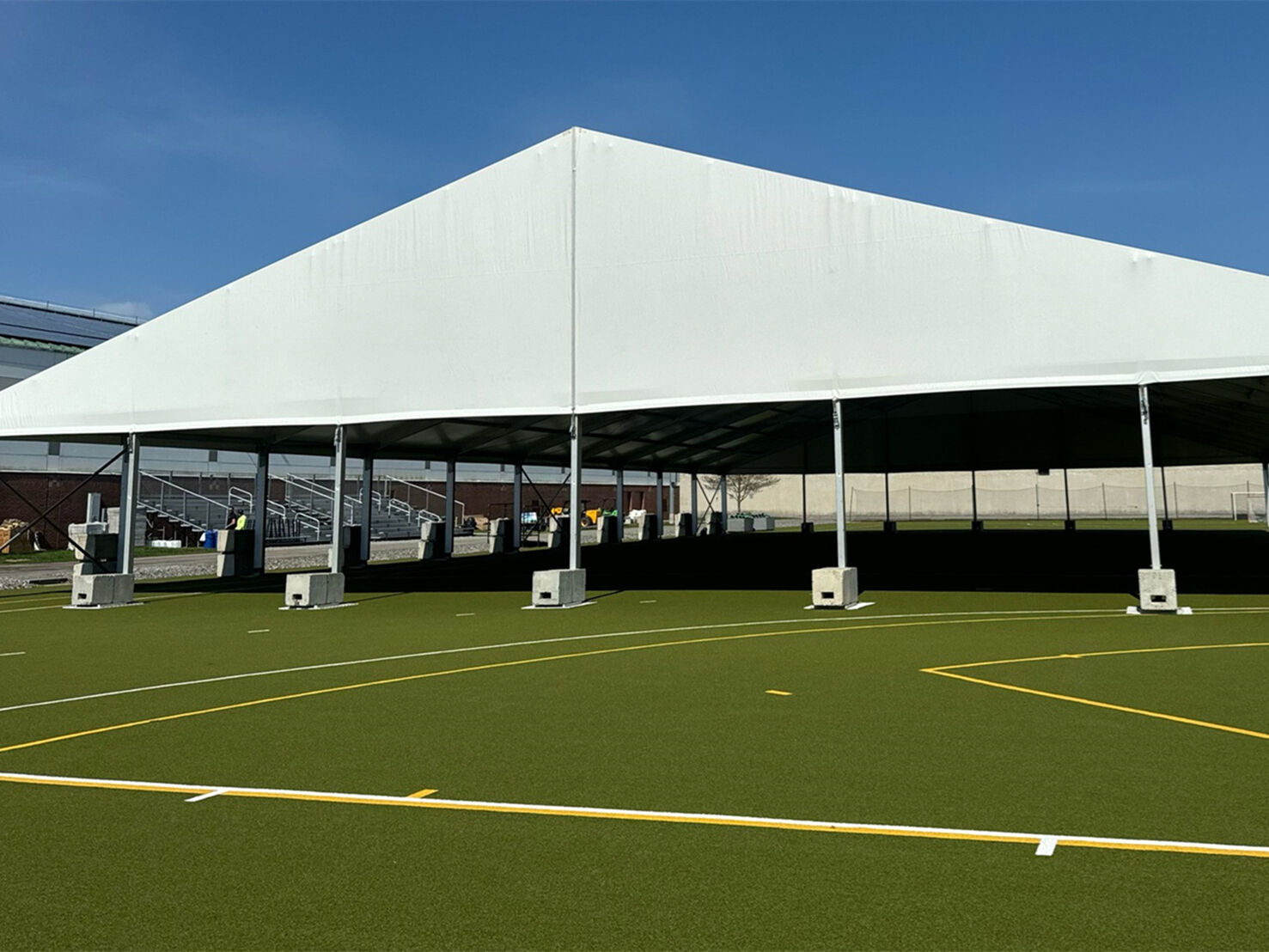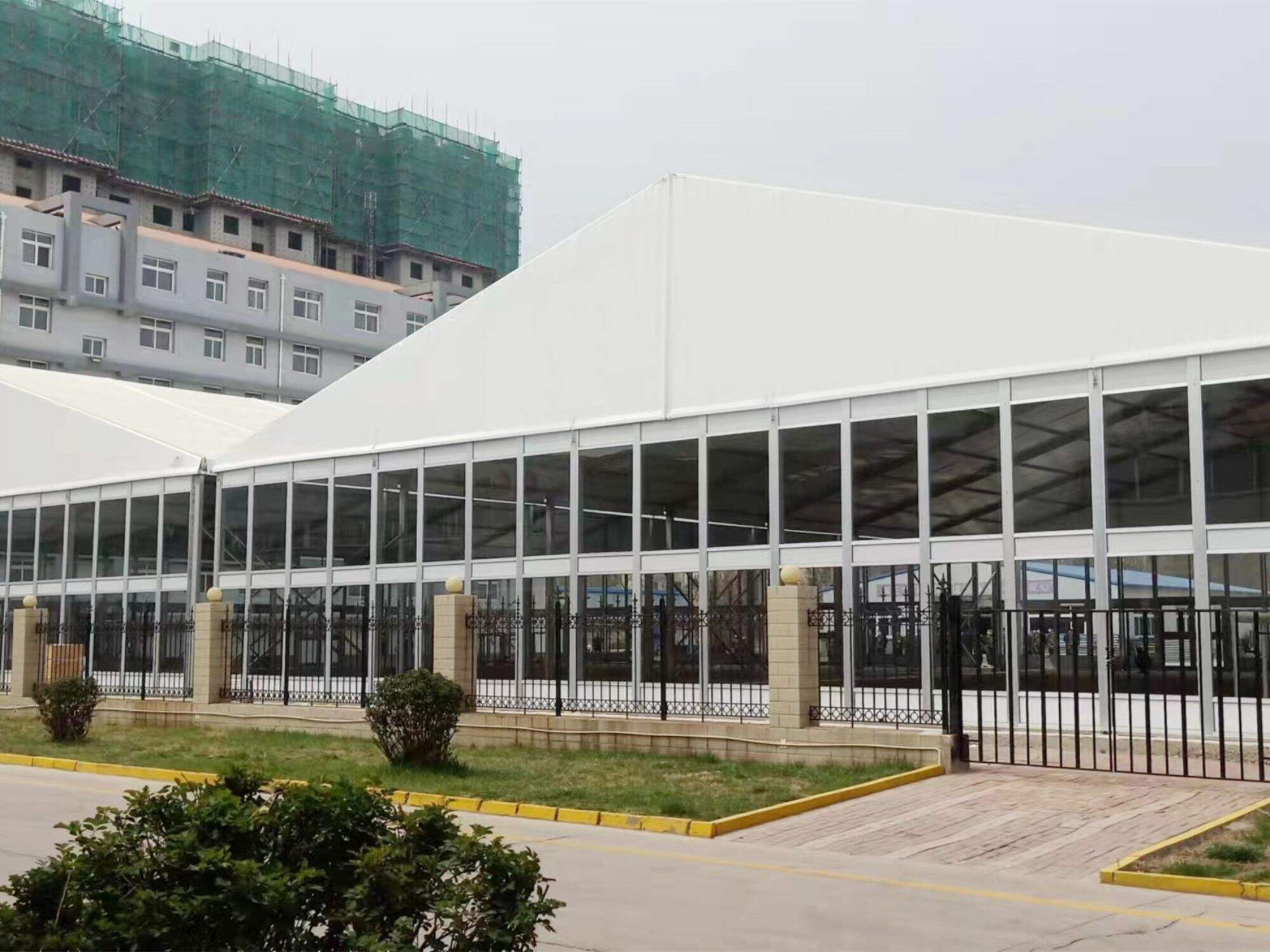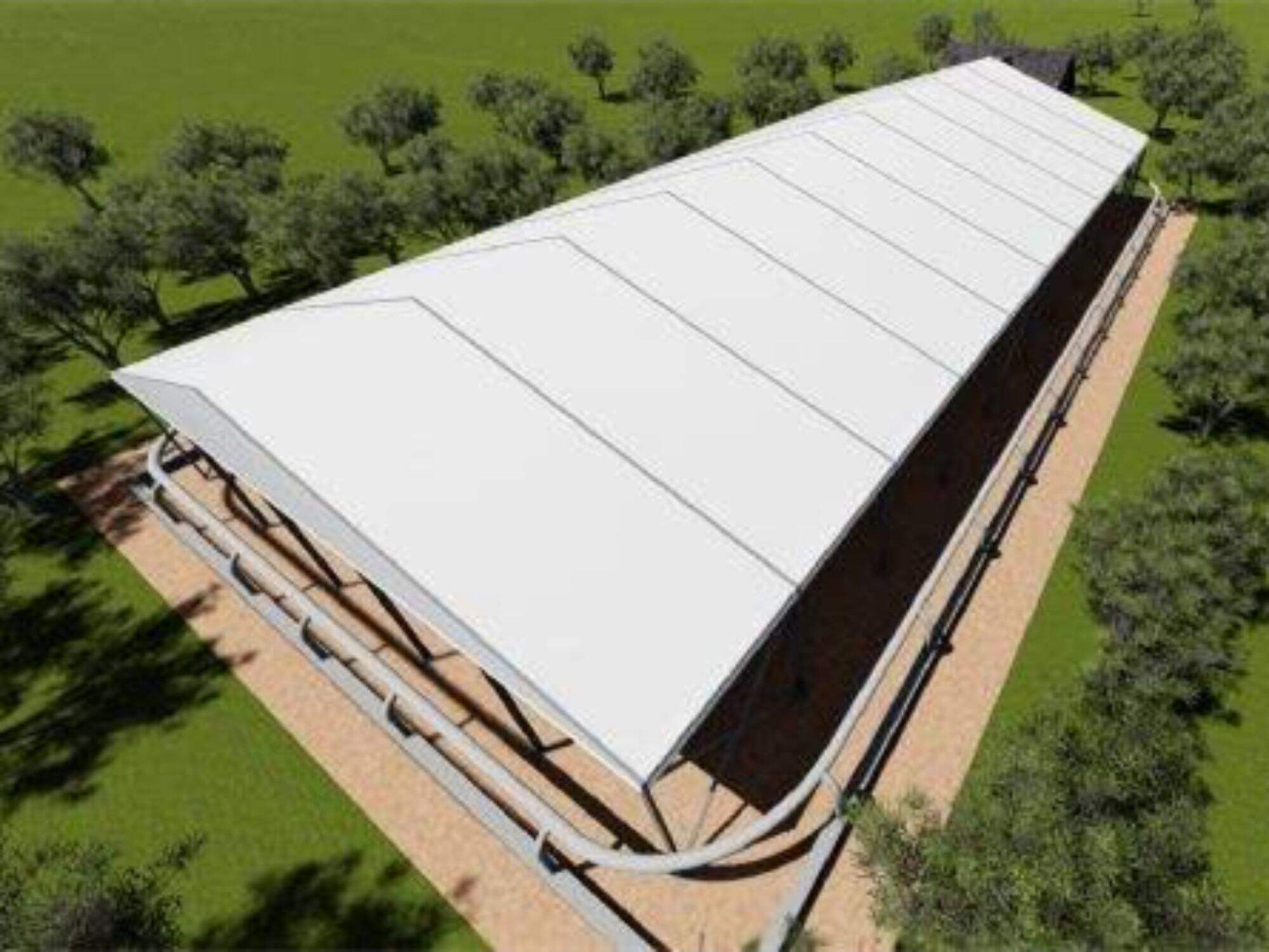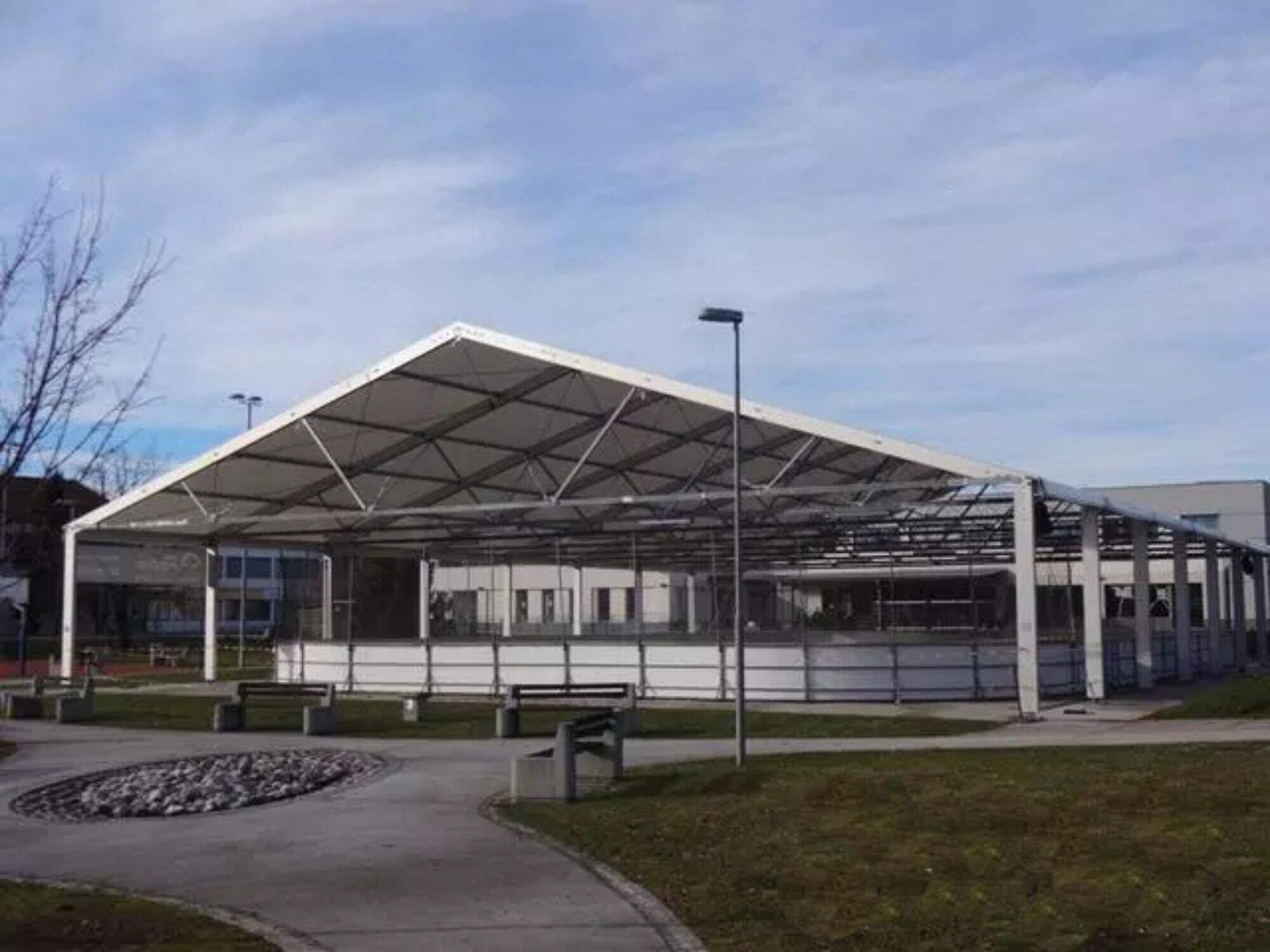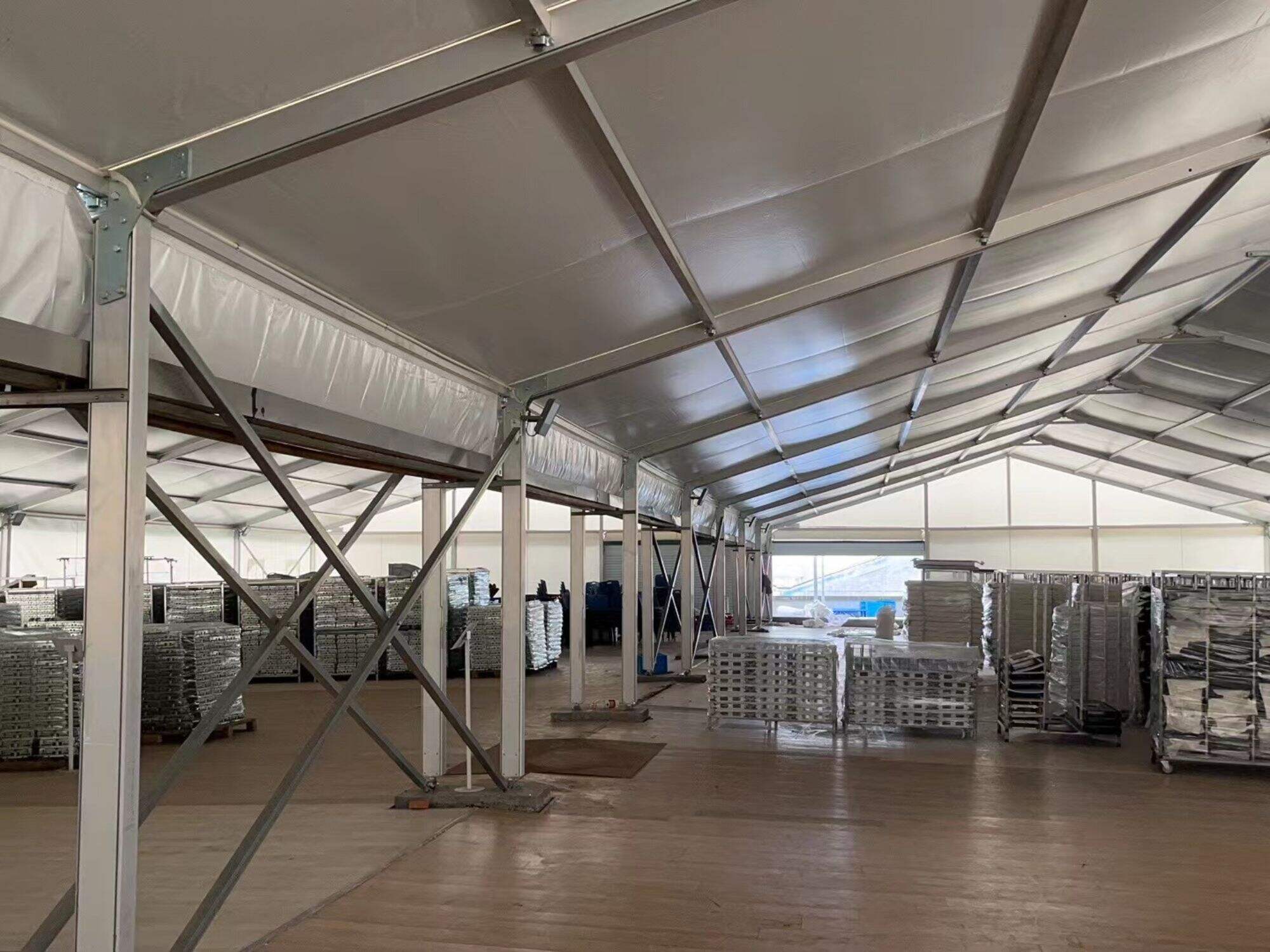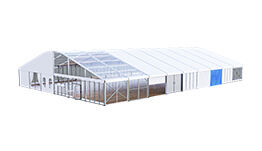Guide to Selecting Materials for Tent Products
Tents are playing an increasingly critical role in modern event planning and space utilization, offering a versatile and practical solution. The selection of materials in tent construction is essential, as it directly impacts the quality, performance, and longevity of the structure.
1. Tarpaulin Materials
The type and quality of tarpaulin used significantly influence the tent's protective capabilities and overall appearance.
- PVC-Coated Fabric: This is a popular high-quality option known for its excellent waterproof properties, effectively preventing rainwater from entering and keeping the interior dry. It also offers good fire resistance, enhancing safety, and its UV resistance helps prevent aging and fading due to prolonged sun exposure.
- Transparent PVC Fabric: For tents where natural light is a priority, transparent PVC fabric is ideal. It allows sunlight to permeate while maintaining structural integrity, creating a bright and open atmosphere inside.
2. Frame Materials
The frame is the backbone of the tent, providing stability to the entire structure.
- Aluminum Alloy: Known for being lightweight, strong, and corrosion-resistant, aluminum alloy is the preferred choice for tent frames. The high-strength aluminum alloy frames are meticulously designed and processed to offer exceptional load-bearing capacity and durability.
- Steel: For large-scale tents requiring extremely high load-bearing capacities, steel frames are used. However, steel is heavier and prone to rust, necessitating high-quality anti-rust treatments to ensure longevity.
3. Flooring Materials
The choice of flooring affects the comfort and practicality of the tent's interior.
- Wooden Flooring: Offers a warm, upscale feel, making it suitable for high-end events or long-term tent use. Wooden floors are slip-resistant and comfortable to walk on.
- Carpeting: Provides a soft texture and a comfortable feel. The variety of colors and patterns available can meet different aesthetic needs, adding a personalized touch to the tent's interior.
- Plastic Flooring: Known for being waterproof and easy to clean, plastic flooring is ideal for humid environments or spaces requiring frequent cleaning.
4. Door and Window Materials
Doors and windows are crucial for ventilation, lighting, and ease of use.
- PVC Transparent Windows: These offer clear visibility while providing excellent waterproofing and sealing, keeping the interior dry.
- Aluminum Alloy Doors and Windows: Strong, durable, and well-sealed, these effectively block wind, rain, and noise, ensuring a quiet and comfortable environment inside.
5. Accessories
- Ropes and Ground Stakes: High-quality ropes and ground stakes should be strong and corrosion-resistant to ensure the tent remains stable in various weather conditions.
- Connectors: Precision connectors are essential for the tent's overall structural stability. The connectors used have undergone rigorous testing to ensure the tent's safety and reliability.
Selecting the right materials for your tent requires careful consideration of factors such as location, budget, and specific functional needs. Making informed choices in material selection will ensure that the tent meets the demands of your event while offering durability and safety.
Hot News
-
Enhancing the Effectiveness of Wedding Marquees
2024-09-07
-
Why are event tents becoming more and more popular in various outdoor activities?
2024-07-29
-
What specific fire prevention measures should be implemented to ensure the safety of tents?
2024-08-30
-
Pagoda Tent for Outdoor Event Wedding Party Exhibition Aluminium Frame Tent
2024-09-28
 EN
EN
 AR
AR
 FR
FR
 DE
DE
 JA
JA
 KO
KO
 PT
PT
 RU
RU
 ES
ES
 TH
TH

